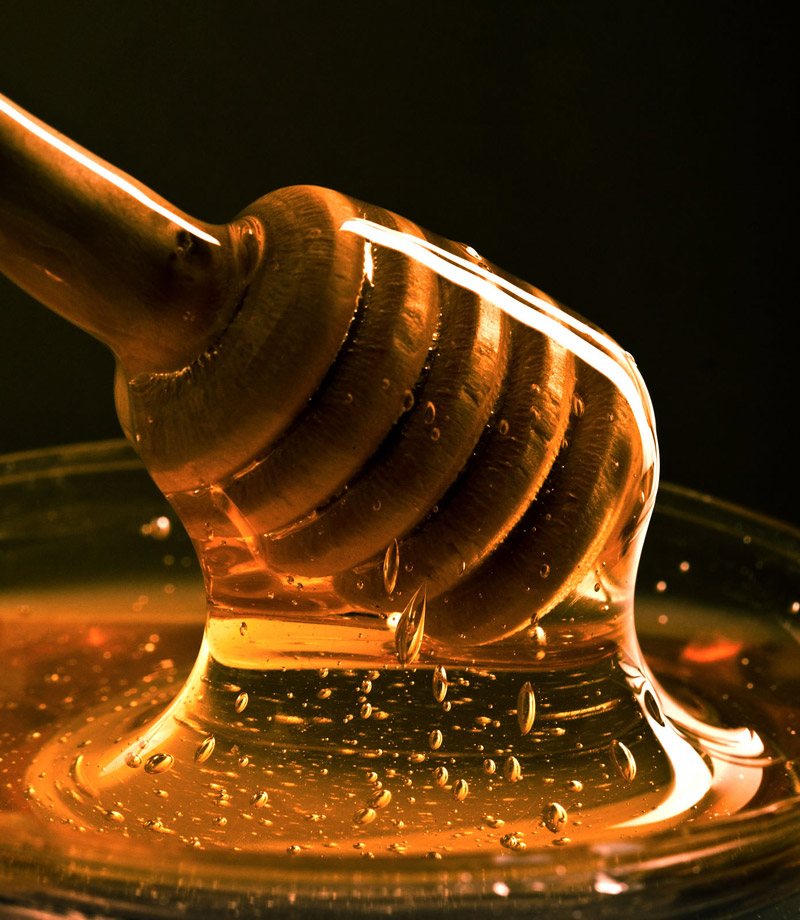
Buying honey should be simple,right? You used to be able to go to a store and purchase a bottle of honey without worrying about whether the product you just bought is actually honey. But, unfortunately, you must be careful. Honey in stores require careful consideration. This news from Organic Health will give you a little more important info to chew on:
A searing investigation of the honey market by Food Safety News found that 76% of all honey bought at grocery stores were treated with a process called “ultra-filtration,” which removes not only impurities like wax, but also all traces of pollen. And of the types of brands at grocery stores, the ones that were far-and-away the most likely to be ultra-filtered were generic brands.
Those “impurities” that ultra-filtration takes out of honey are actually what make honey so good for us. When you hear about honey as a home remedy, for example, the honey that you’d want to use should not have gone through ultra-filtration. You’re looking for truly raw honey.
One ounce of raw honey contains approximately 20 vitamins, 18 amino acids, 16 minerals, and a ton of antioxidants and phytonutrients. Raw honey is an antibacterial, antiviral, and antifungal substance. It is also highly nutritious. It contains significant amounts of B2, B3, B5, B6, C, magnesium, potassium, calcium, sodium chlorine, sulphur, and phosphate.
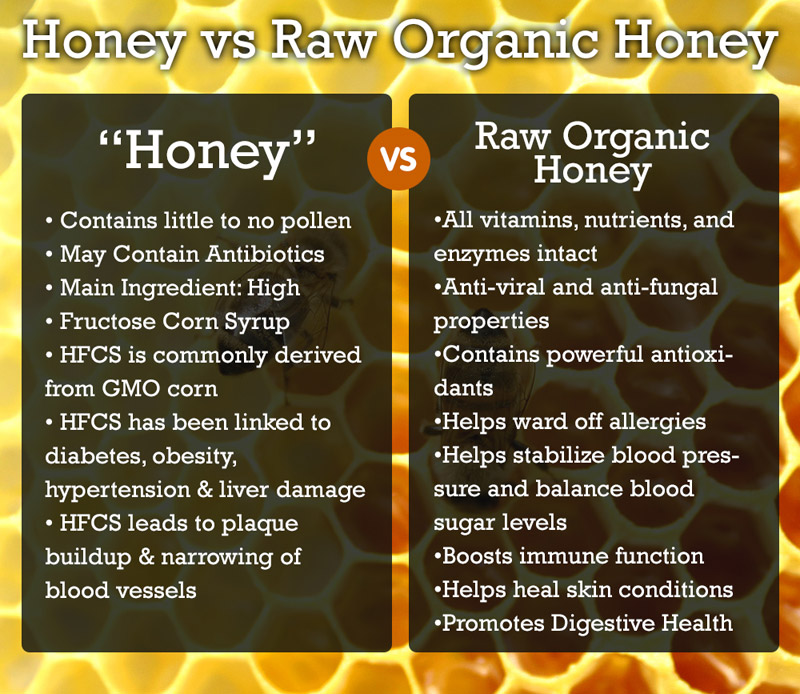
So when you’re buying honey, how do you know you’re getting the real stuff? The best way to make sure is to buy your honey from farmers’ markets and/or natural food stores (like Trader Joe’s and Whole Foods). According to Food Safety News, few, if any honeys sold at these places have been subject to ultra-filtration.


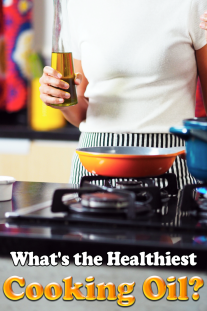
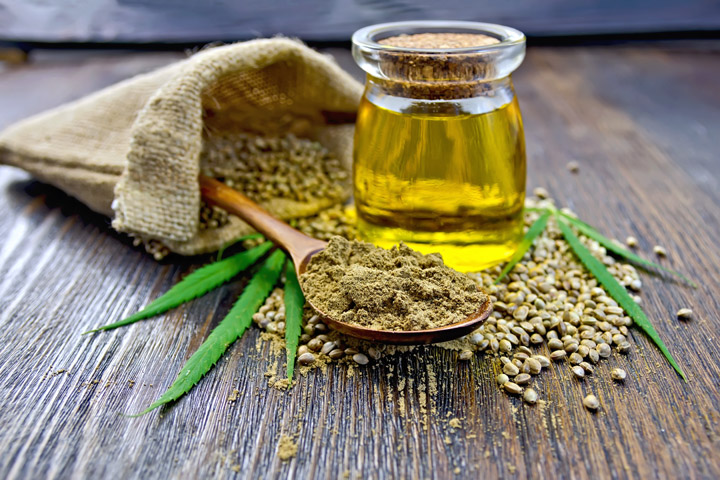
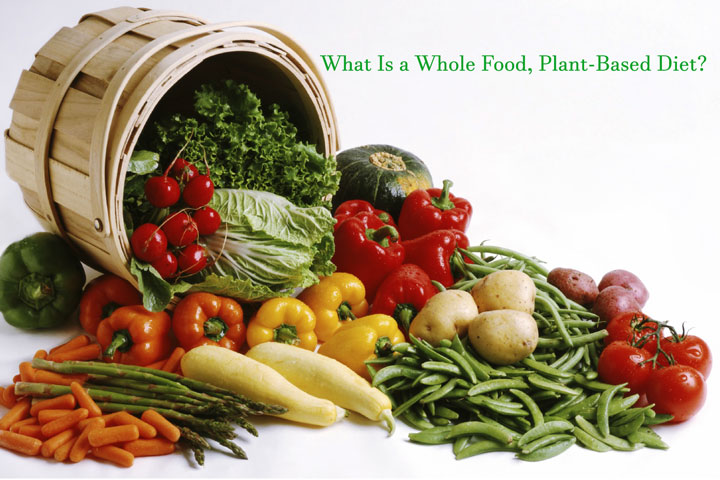
Leave a Reply